EAST AFRICA: Freedom of movement to help pastoralist lifestyles
- Home
- /
- Press Releases
- /
- EAST AFRICA: Freedom of movement to help pastoralist lifestyles
Treaty Bodies
GET INVOLVED WITH HRLHA TODAY!
https://www.gofundme.com/f/hrlha039s-13th-anniversary?utm_source=facebook&utm_medium=social&utm_campaign=p_cf%20share-flow-1&fbclid=IwAR1kF21IvIla7W46UISTl7eYu00CSMf783P0WeWk4up0q-2mdE-EutTV1xg
Donate to HRLHA here!
Get Involved
Archives
Witness
HRLHA 8th Anniversary May 9, 2015, Toront, Canada
2013, 7th Anniversary of HRLHA Fundraising Event, Dr. Begna Dugassa, Board Vice Chairman
Speech by Mr. Robert Higgins, Board Member
Dr. Valerie Dye
Garoma Wakessa, Executive Director, HRLHA No1
Garoma Wakessa, Executive Director, HRLHA No2
Ethiopia: Media Being Decimated
Human Rights First

-
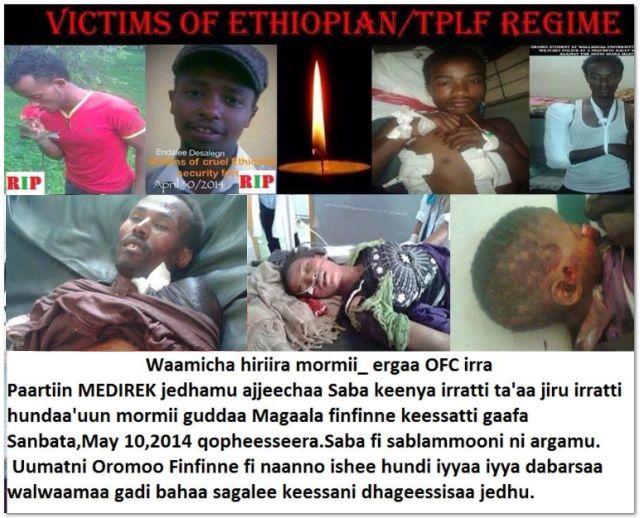
-
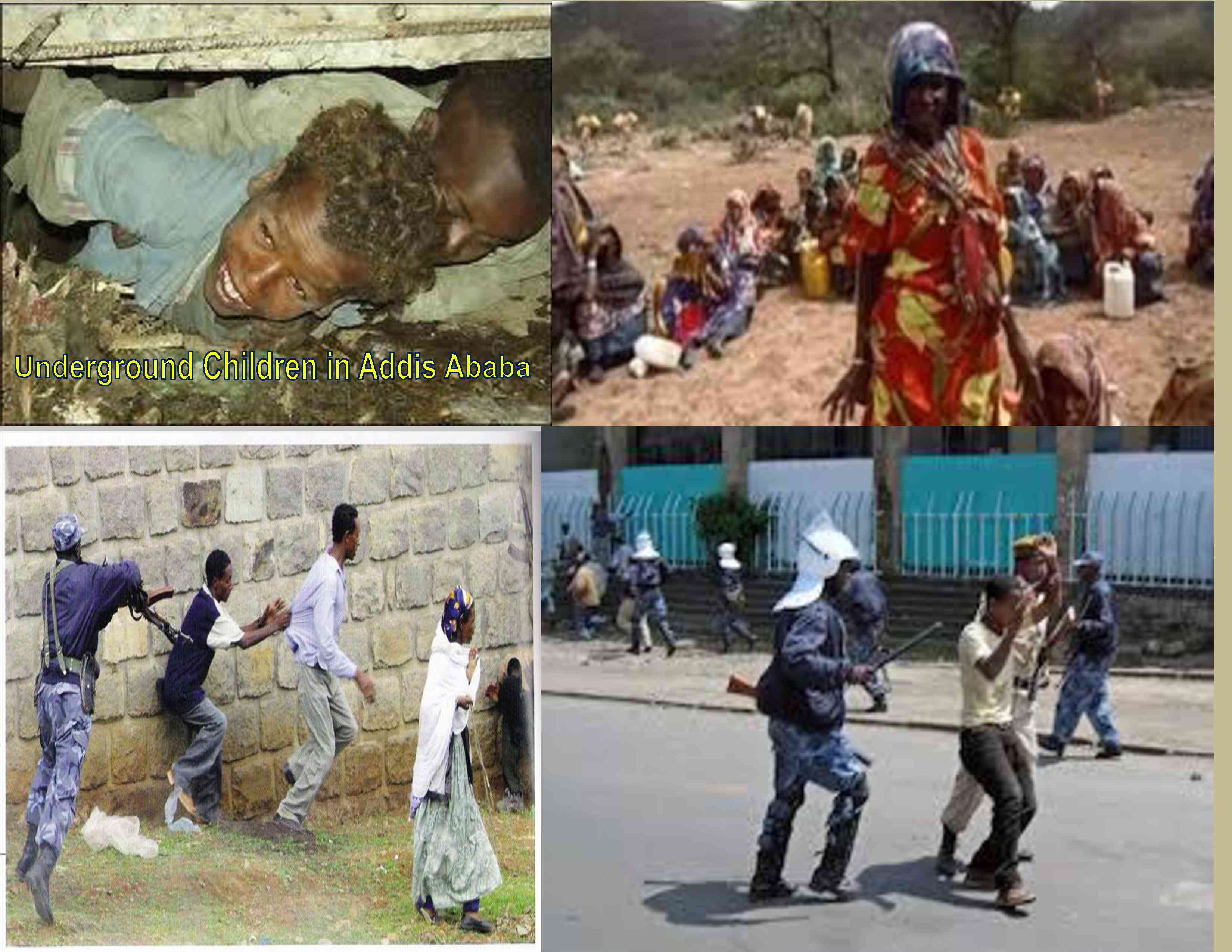 Human Rights misery in Ethiopia
Human Rights misery in Ethiopia -

-
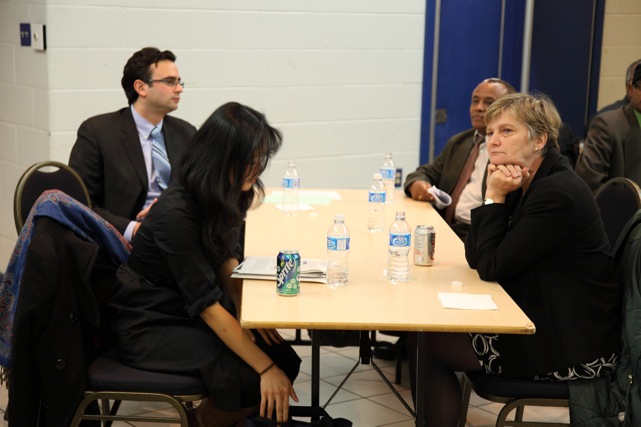
-

-

-
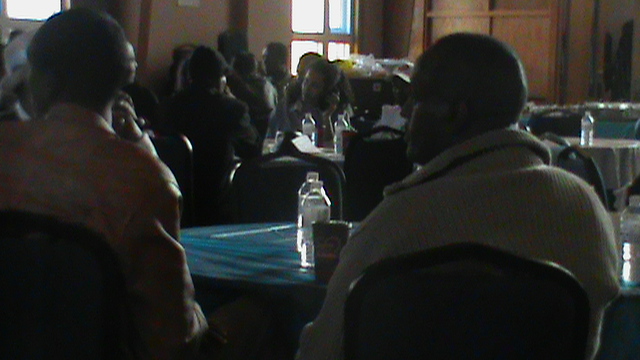
-
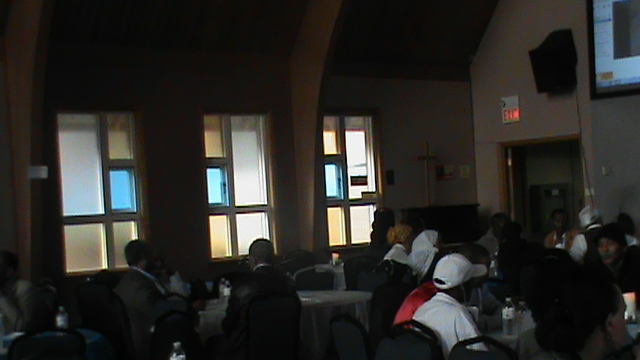
-
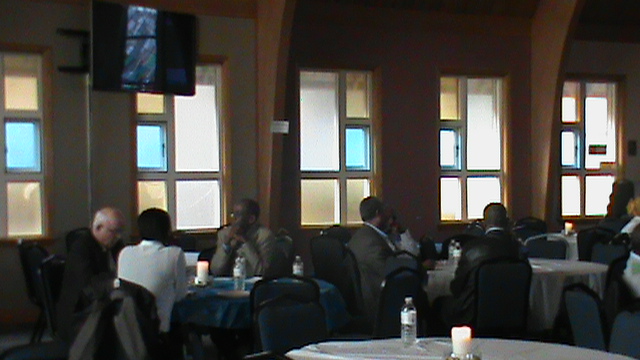
-
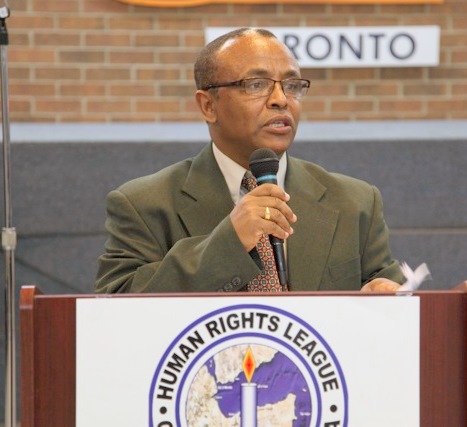 2009 HRLHA Annual anniversary
2009 HRLHA Annual anniversary -
 Ambo Students Victimized by EPRDF 2014
Ambo Students Victimized by EPRDF 2014 -
 HRLHA Fundraising Dinner
HRLHA Fundraising Dinner -
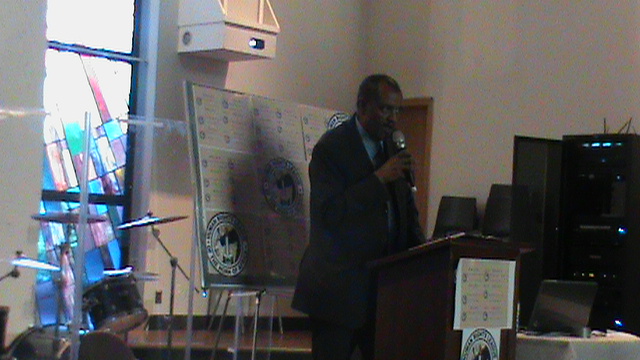 HRLHA Annual Meeting 2013
HRLHA Annual Meeting 2013 -
 2013 UN Human Rights Council,HRLHA Side Event
2013 UN Human Rights Council,HRLHA Side Event -
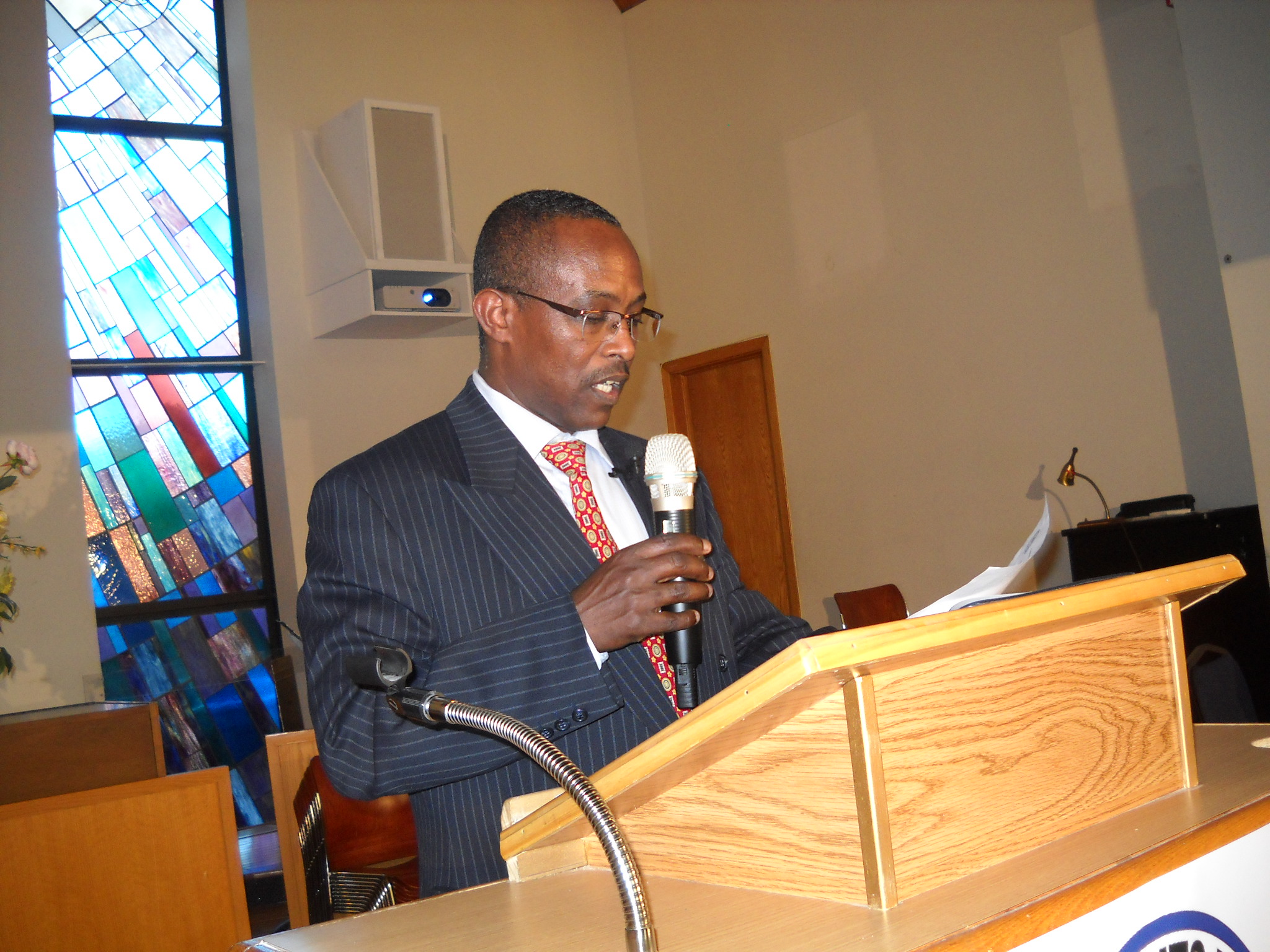 HRLHA Annual MeetingThe slider allows having unlimited amount of images with their titles and descriptions. The slider uses autogenerated shortcodes making it easier for the users to add it to the custom location.
HRLHA Annual MeetingThe slider allows having unlimited amount of images with their titles and descriptions. The slider uses autogenerated shortcodes making it easier for the users to add it to the custom location.


